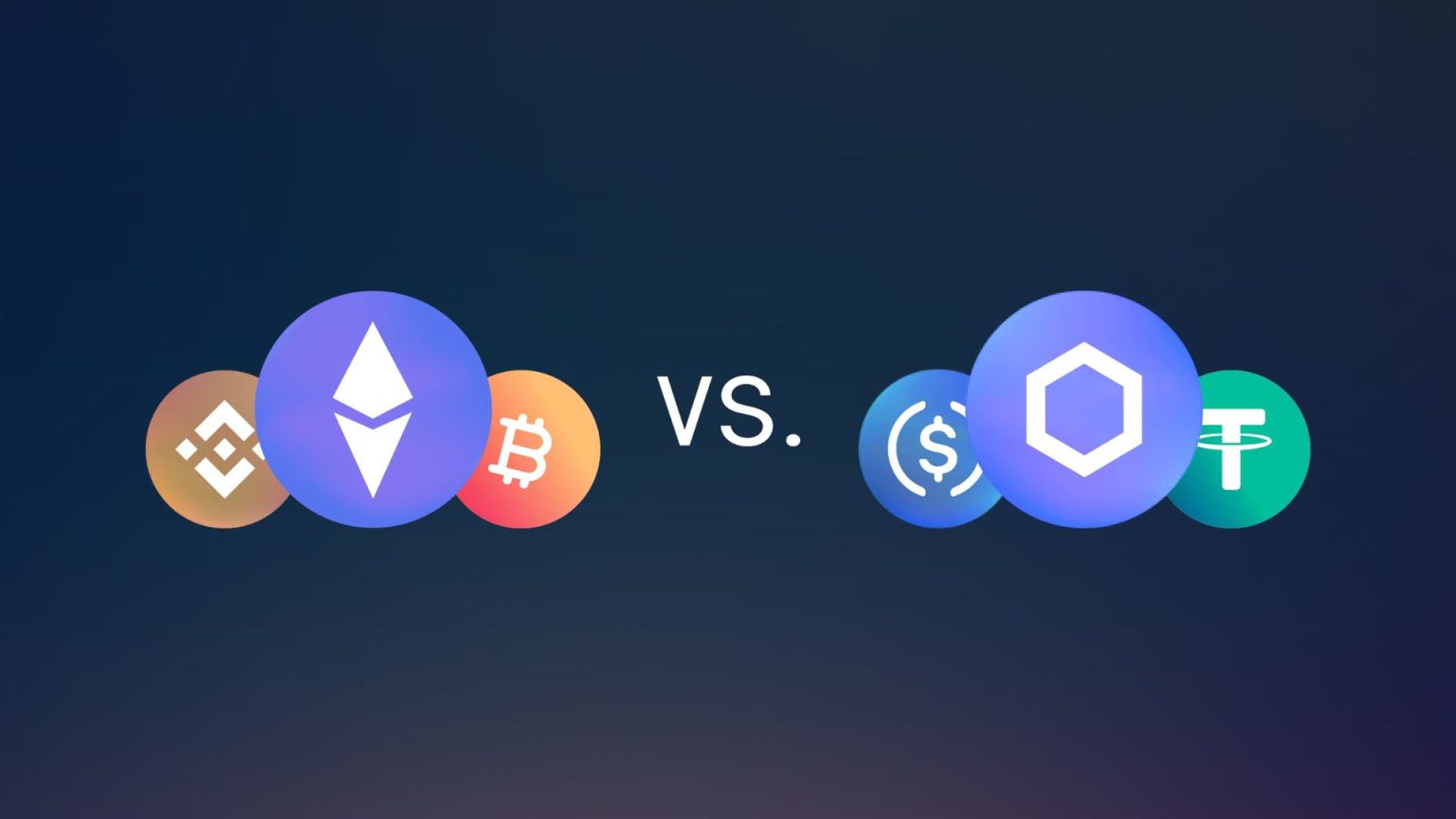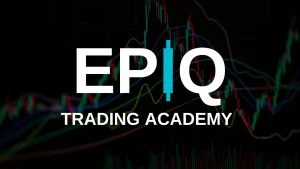If you’re new to crypto, you’ve probably heard people talk about buying coins like Bitcoin or Ethereum — and tokens like Chainlink, AAVE, or PEPE.
At first, it might sound like they’re the same thing.
But in the world of blockchain, coins and tokens have very different roles.
In this blog, we’ll break it down simply:
- ✅ What is a coin?
- ✅ What is a token?
- ✅ How are they different?
- ✅ Why it matters when investing or trading
- ✅ Real examples to help you understand fast
Let’s make sense of it all 👇
🔹 What Is a Coin?
A coin is a cryptocurrency that runs on its own native blockchain.
Coins are typically used as:
- A currency
- A store of value
- A way to pay fees or secure the network
Coins have their own blockchain technology powering them from the ground up.
💡 Examples of Coins:
- Bitcoin (BTC) → Runs on the Bitcoin blockchain
- Ethereum (ETH) → Runs on the Ethereum blockchain
- Solana (SOL) → Runs on the Solana blockchain
- Litecoin (LTC) → Runs on the Litecoin blockchain
These coins are essential to the operation of their own blockchain ecosystems.
🔸 What Is a Token?
A token is a cryptocurrency that is built on top of an existing blockchain — it doesn’t have its own blockchain.
Tokens use the infrastructure of another blockchain, like Ethereum or Solana, to operate.
Tokens can represent:
- Utility (used in a dApp or platform)
- Governance (voting rights on a protocol)
- Value (tradable on exchanges like coins)
- Assets (like stablecoins, NFTs, or real-world items)
💡 Examples of Tokens:
- Uniswap (UNI) → Runs on Ethereum (ERC-20)
- Chainlink (LINK) → Also an Ethereum-based token
- USDC / USDT → Stablecoins that exist as tokens on many chains
- PENGU / WIF → Meme tokens built on Solana
These projects don’t need to build their own blockchain — they rely on others like Ethereum or Solana to handle the heavy lifting.
⚖️ Coins vs Tokens: What’s the Real Difference?
| Feature | Coin | Token |
|---|---|---|
| Has own blockchain | ✅ Yes | ❌ No (runs on another chain) |
| Used for network fees | ✅ Yes (e.g., gas fees) | ❌ No |
| Acts as base currency | ✅ Yes | ❌ No |
| Built for dApps | ❌ Usually not | ✅ Often used in DeFi, games, etc. |
| Examples | BTC, ETH, SOL, ADA | LINK, UNI, PEPE, MATIC (on ETH) |
🧠 Why This Matters for Traders and Investors
Understanding the difference can help you:
- ✅ Know what kind of crypto you’re buying
- ✅ Understand how it gains value (through adoption vs utility)
- ✅ See the bigger picture of how ecosystems work (coins power chains, tokens power apps)
- ✅ Make better decisions when analyzing projects and narratives
Tokens often carry more risk, but also higher upside when tied to growing applications or sectors like DeFi, gaming, or AI.
Coins tend to be more established and offer long-term network growth or utility as currency.
🔍 Real Example: Ethereum vs Chainlink
- Ethereum (ETH) is the coin that powers the Ethereum blockchain. It’s used to pay gas fees and secure the network.
- Chainlink (LINK) is a token that runs on Ethereum. It powers a decentralized oracle service — but it doesn’t need its own blockchain.
You can buy both, but they play very different roles in the crypto world.
🧠 Final Thoughts: Know What You’re Holding
Whether you’re holding BTC, SOL, UNI, or PEPE — knowing whether it’s a coin or a token helps you understand:
- How it works
- Where it runs
- What gives it value
- And what kind of volatility or growth potential it might have
Coins = base layer
Tokens = built on top
Both have a place in a smart portfolio — but they are not the same thing.
🎯 Want to Learn Crypto the Right Way — Without Getting Lost in Jargon?
Inside EPIQ Trading Floor, we break down crypto at every level:
✅ A full academy for beginners — start with Section 1 for free
✅ Live lessons on how coins and tokens move in different market conditions
✅ Macro dashboards to spot volume, trends, and narratives across both
✅ A social feed where traders share real-time insights without all the noise
🎯 Start now → epiqtradingfloor.com
Learn smart. Trade smarter. Build with EPIQ.
⚠️ Disclaimer:
This blog is for educational purposes only and does not constitute financial advice. Always do your own research before investing in crypto assets.










Responses